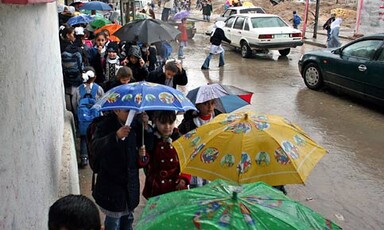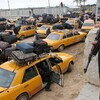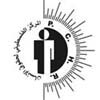
Let our children live
Israel 21 January 2007
Bassam Aramin spent nine years in an Israeli jail for being a member of the Fatah in the Hebron area and trying to throw a grenade at an Israeli army Jeep which was patrolling in Occupied Hebron. On Wednesday morning, an Israeli soldier shot his nine-year-old daughter, Abir, in the head. The soldier will not spend an hour in jail. In Israel, soldiers are not imprisoned for killing Arabs. Never. It does not matter whether the Arabs are young or old, real or potential terrorists, peaceful demonstrators or stone throwers. The army has not conducted an inquiry in Abir Aramin’s death. As far as the Israeli Defense Forces are concerned, the shooting did not happen. Read more about Let our children live








